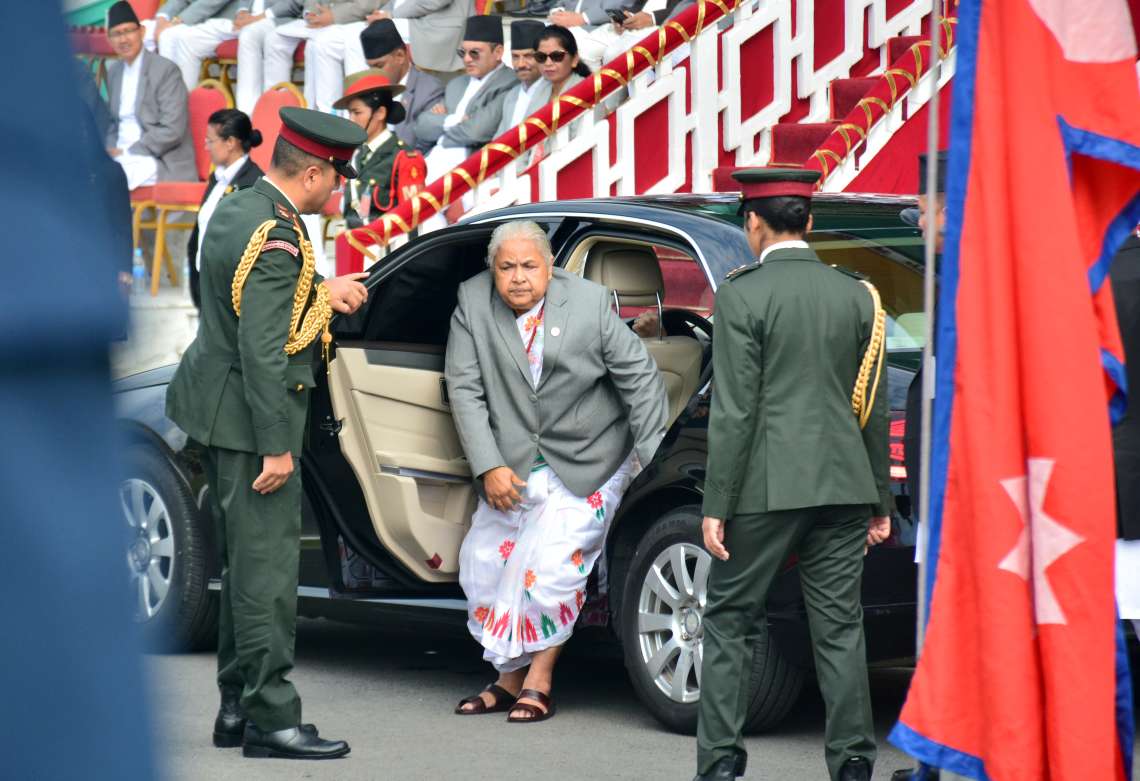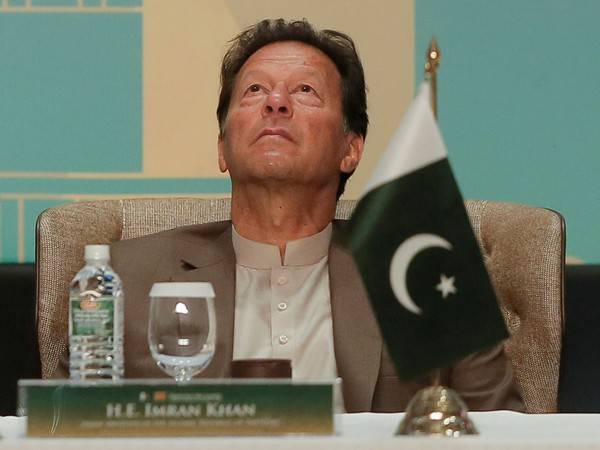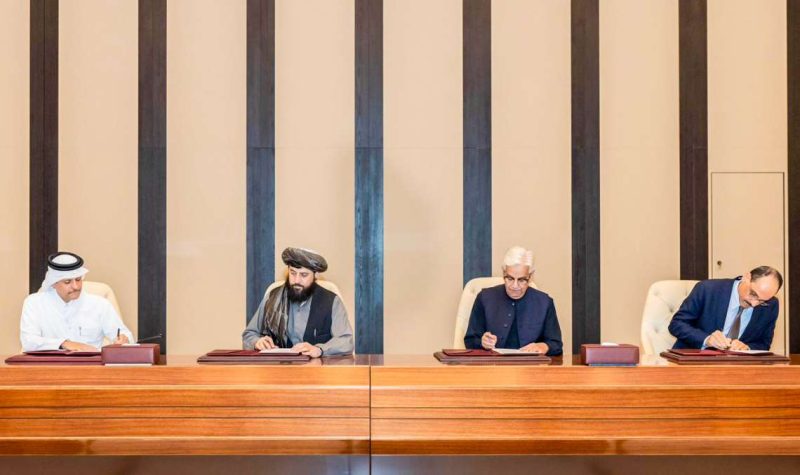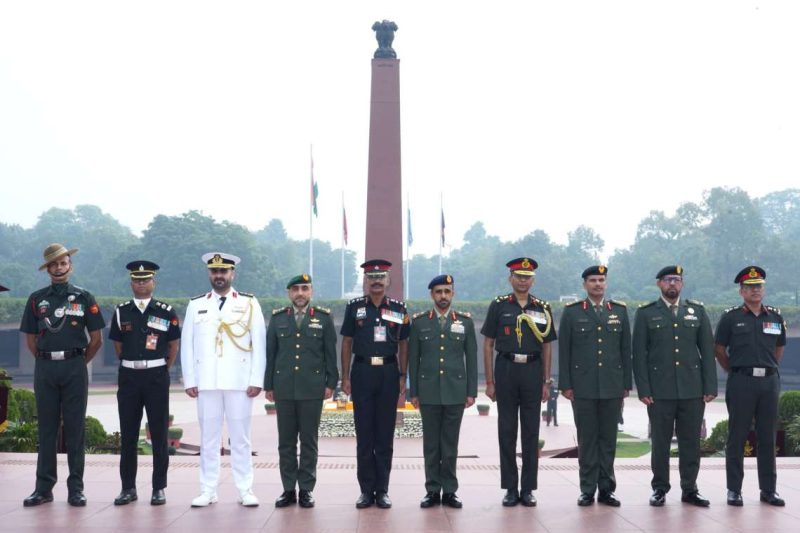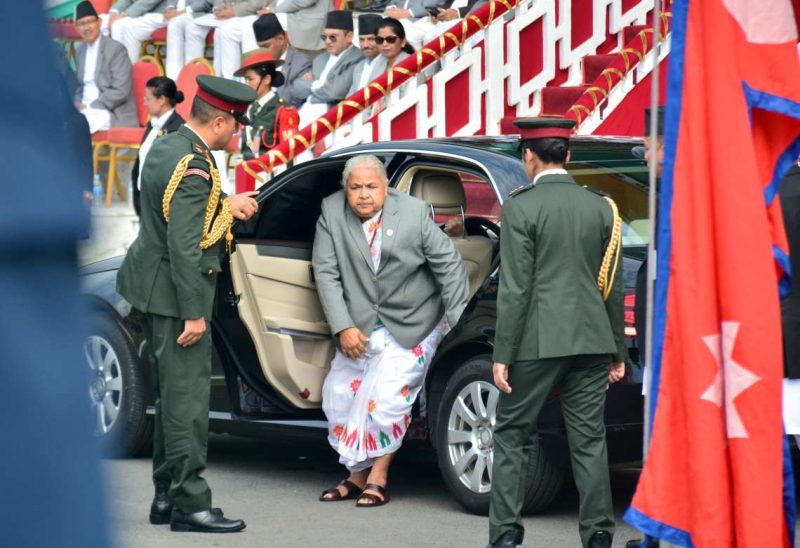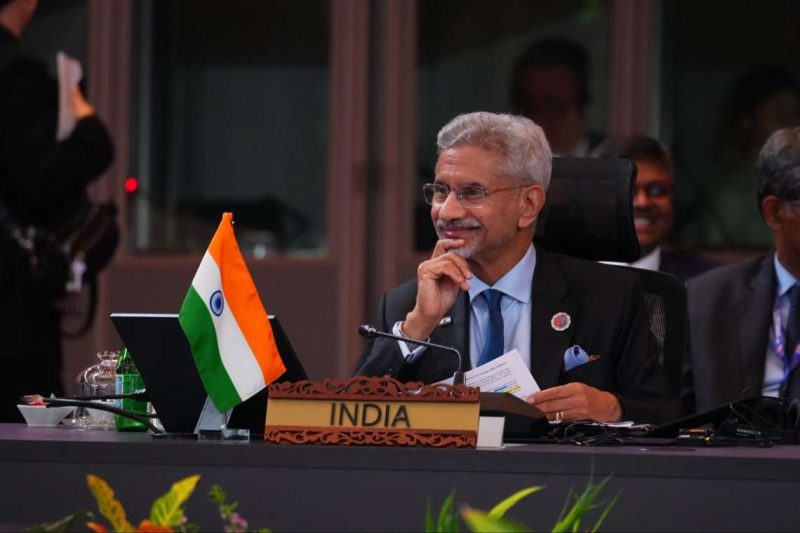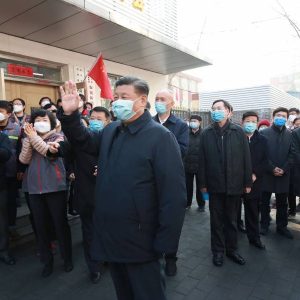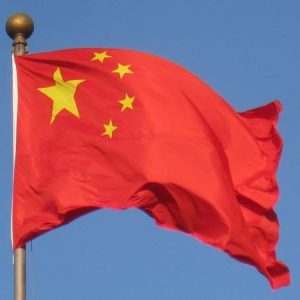At a seminar, experts questioned if the relation of China-Nepal is based on friendship or just a mercantile partner…reports Asian Lite News
The closure of the Nepal-China border since 2020 has impacted Kathmandu’s trade and economy with China, experts said raising questions regarding the geopolitical and strategic interest of both the countries’ economic benefit through the transboundary Himalayan multi-dimensional connectivity network.
At a seminar organized by the Center for Social Inclusion and Federalism on BRI and Nepal China Relations in Kathmandu on Thursday, experts questioned if the relation of China-Nepal is based on friendship or just a mercantile partner, Khabar Hub reported.
According to the media outlet, as many as 80 participants attended the event including diplomats, bureaucrats, journalists and reporters, and scholars of various fields.
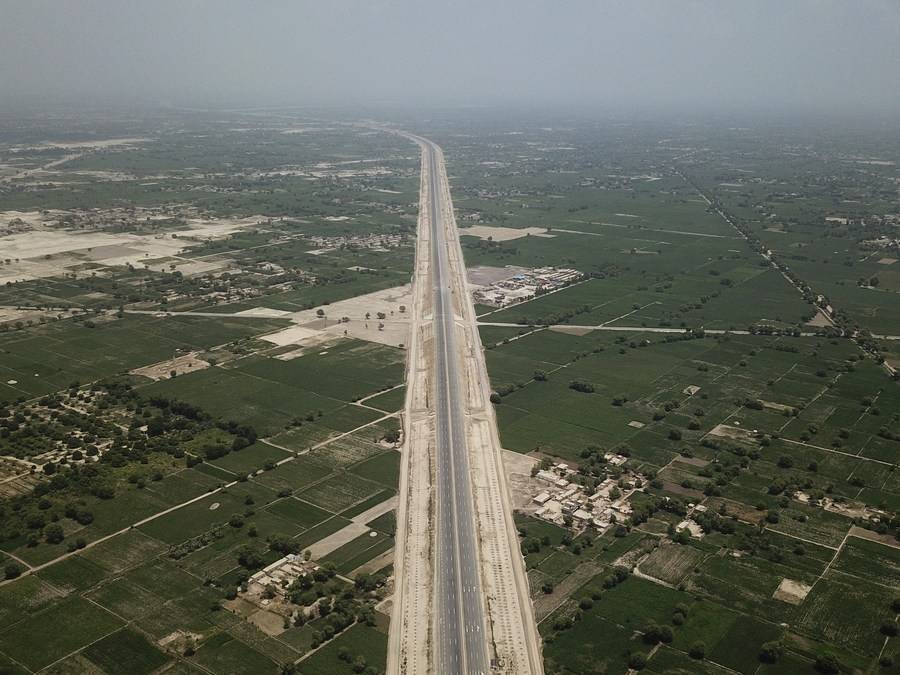
The seminar was organized at a time of the impending visit of Chinese Foreign Minister Wang Yi.
During the seminar, three major themes were discussed by three separate panels.
The themes include BRI and Geopolitics: Risks and Opportunities, Nepal-China Cross-border Relations, and Nepal-China Trade, Transit, and Transport. Ajaya Bhadra Khanal, Arpan Gelal, and Shraddha Ghimire presented their research findings on the topics respectively.
The first panel emphasized the impacts of ensuing great power rivalry on Nepal and viewed Chinese Foreign Minister Wang Yi’s visit from the same lens.
Furthermore, the panel discussed the contrasting models of diplomacy being practiced by Washington and Beijing and their averments towards one another regarding MCC and BRI, according to Khabar Hub.
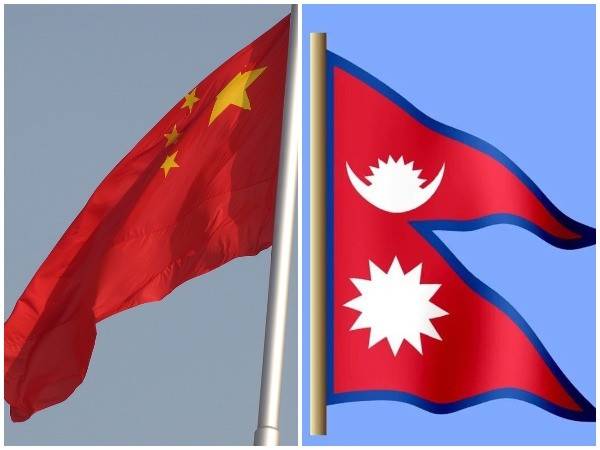
Foreign Minister Wang is expected to hold bilateral talks with his Nepali counterpart Dr Narayan Khadka and is also expected to talk to various key leaders including President Bidhya Devi Bhandari, Prime Minister Sher Bahadur Deuba, and former Prime Ministers and key leaders K P Sharma Oli and Pushpa Kamal Dahal ‘Prachanda’, the Nepal foreign ministry press release said.
Nepal has seen a rising discontent and suspicion among the people against Chinese projects and investments in the country, with recent large-scale protests against Belt and Road Initiative (BRI) project in Eastern Nepal’s Jhapa district.
Chinese officials say Wang’s main agenda in Kathmandu is to reassess Beijing’s geopolitical and security challenges, as China no longer feels secure in Nepal.
“Implementation of the BRI projects in Nepal is important for Beijing,” says a second Kathmandu-based Chinese official who has long liaised between Kathmandu and Beijing. He was also speaking on the condition of anonymity. “But this time Beijing is more worried about the security challenges emanating from the compact’s approval,”
During his visit, Foreign Minister Wang will also take stock of the political climate in Kathmandu, reported The Annapurna Express. (ANI)



